Colectomy is a surgical procedure that involves removing a part or all of the large intestine or colon. The procedure is necessary in some cases of intestinal diseases and disorders. Some of such disorders include bowel blockage, which requires prompt medical care, perforation of the bowel, injury of the bowel, intestinal cancer, ulcerative colitis, and Crohn's disorder. Your doctor may recommend colectomy as a preventive measure if the patient is at risk of colon cancer.
Colectomy Types
There are different types of colectomy procedures. Colectomy refers to the removal of the whole colon, and hemicolectomy refers to the removal of only one part of the colon. Proctocolectomy is a surgical removal of the colon and rectum.
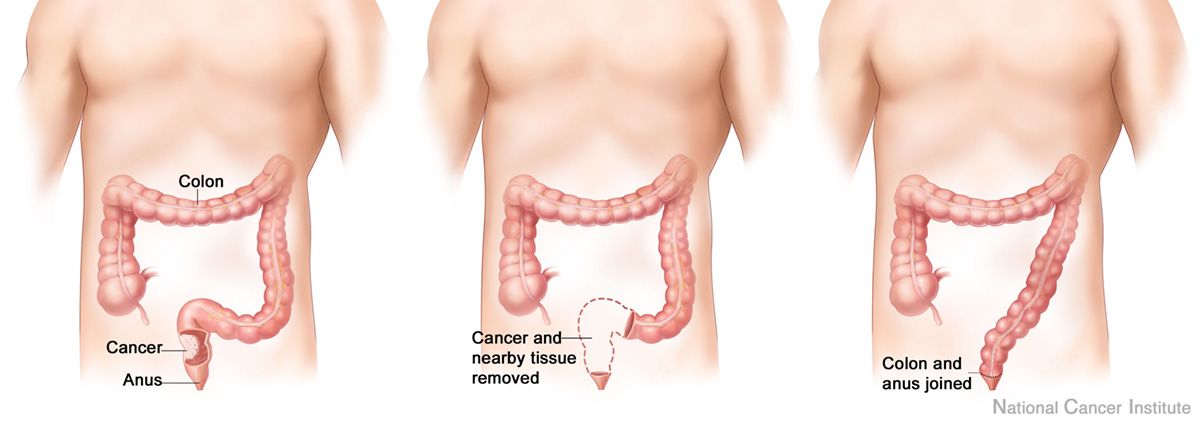
Colectomy involves other methods to retain the proper function of your intestines. The surgeon will have to make an opening for the intestine on the wall of the abdomen for waste to be eliminated from the body. Such additional procedures include ileostomy, in which an opening is made on the small intestine through the wall of the abdomen, and colostomy, in which an artificial passage is created for the colon.
Colectomy Risks and Prevention Methods
Every surgery carries certain risks, and so does colectomy. Complications may depend on the type of surgical procedure and your overall health. The most common complications of colectomy are infection, bleeding, blood clots, or injuries to other organs. Blood clots can appear in the legs or lungs. As far as injuries are concerned, surrounding organs that are part of the digestive tract may be affected by colectomy.
To prevent the risk of complications you must follow the instructions given by your doctor. Your doctor will ask you to stop taking medications because some types may cause complications. You must not eat or drink several hours before the surgery, but a couple of days before that you may need a special diet that will help you to clean your bowel. You should eat a lot of whole grains, fruits, and vegetables, and drink plenty of water.
You may be given a laxative to clean the bowel. Your doctor can prescribe some antibiotics to prevent the risk of infection caused by bacteria. The infection may also be avoided if you take a shower before colectomy because germs can be found on the skin.
- Postoperative complications occur in up to one-third of patients undergoing colorectal procedures. Longo et al identified a complication rate of 28% in patients who underwent colectomy for colon cancer in the National Veterans Affairs Surgical Quality Improvement Program database. A similar complication rate (27%) occurred in an analysis of more than 600 patients with ulcerative colitis who had colectomy. The most common complications following colorectal resection are infectious, wound infection or organ space infection, and gastrointestinal (GI) motility complications, including ileus and bowel obstruction.
- Wound complications, such as infection, hematoma, and dehiscence are common after colorectal surgery, occurring in up to 13% of patients. An analysis of SEER (Surveillance, Epidemiology, and End Results Program) Medicare patients with colorectal cancer who required reoperation after initial resection found that wound complications accounted for 21% of reoperative cases. Anastomotic leak or organ space infection occurs at a similar rate of 3 to 10% and is responsible for 32% of reoperations in colorectal cancer patients.
- Multiple studies have evaluated predictors of overall morbidity following colorectal surgery. Patient factors predicting postoperative complications include older age, comorbidity (specifically neurologic or cardiorespiratory comorbidity), and low preoperative albumin. Operative variables found to predict morbidity included emergent operation, longer operative time (> 120 minutes), and peritoneal contamination.
- In colorectal surgery patients, the development of multiple complications has been found be associated with worse postoperative outcomes including prolonged length of hospital stay (risk ratio [RR]: 2.8, 95% confidence interval [CI]: 2.3–3.2) and postoperative mortality (RR: 7.2, 95% CI: 5.1–9.7).
Postoperative Period
After colectomy, you will have to stay in hospital for some time. Depending on the severity of your condition, it may be a few days or weeks. You will be given liquid food replacement intravenously at first.
It may take some time until you can eat solid food again. Your doctor will give you instructions regarding home treatment after you leave the hospital.




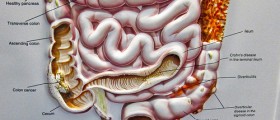


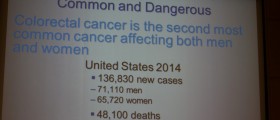

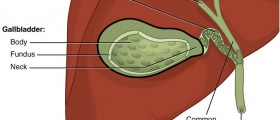






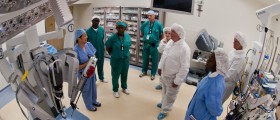
Your thoughts on this
Loading...